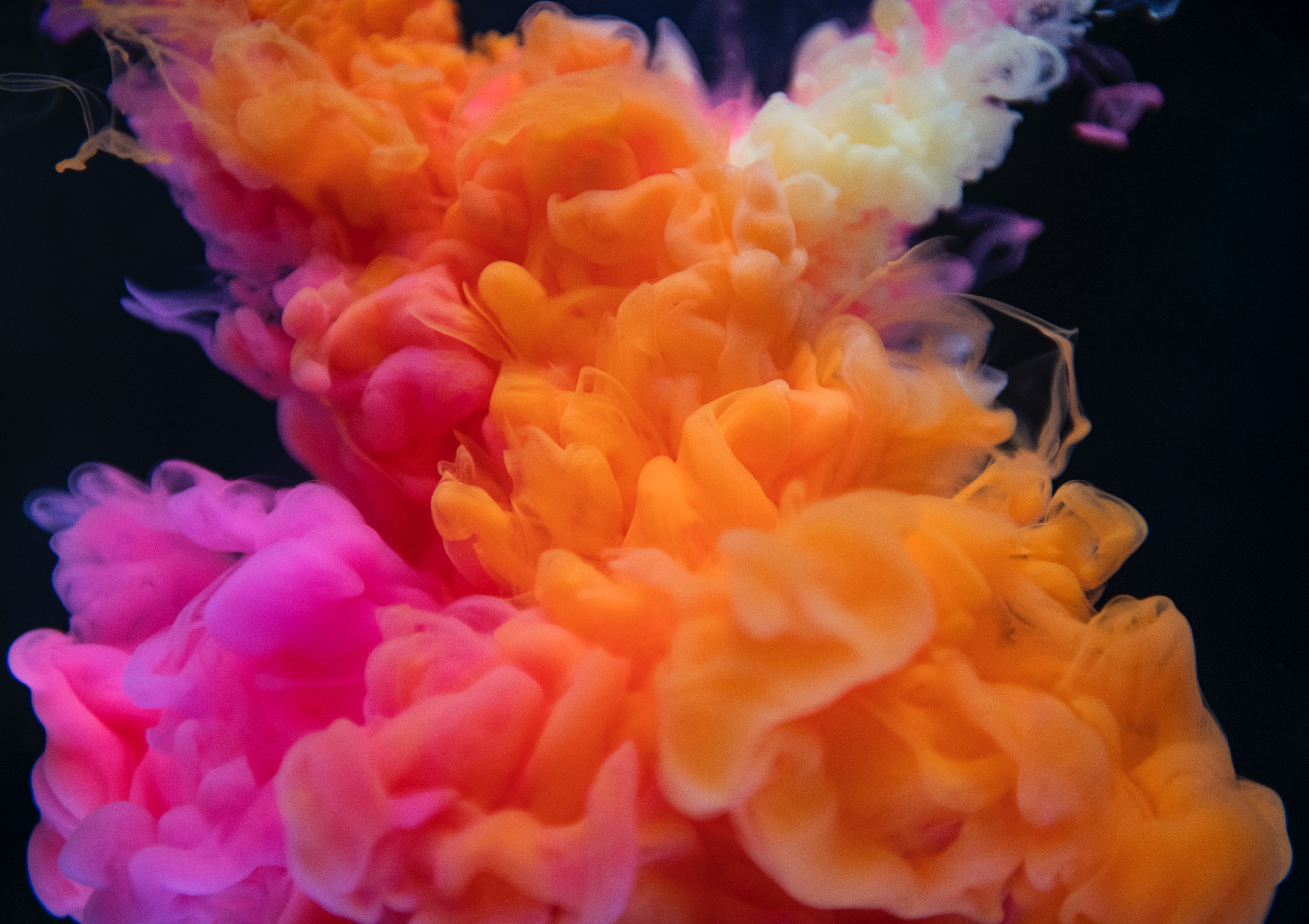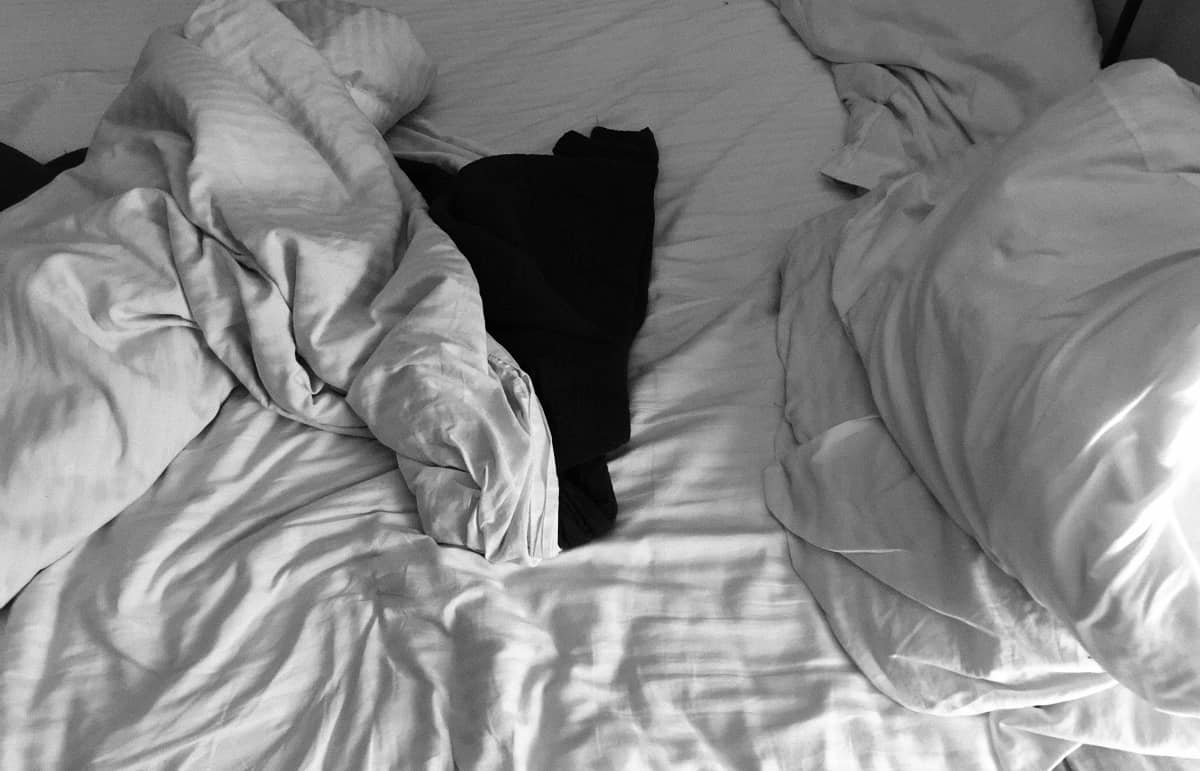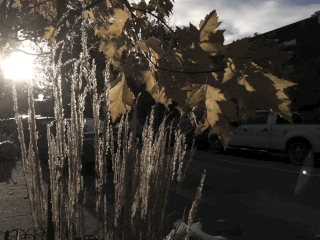
The drop of water that didn’t want to dissolve
What is life? There are thinkers who tirelessly think about this question, such as [Karl Friston](https://www.wired.com/story/karl-friston-free-energy-principle-artificial-intelligence/) (who is my age, but who has an h index, really, really higher than mine... In fact, my [Hirsch index](https://fr.wikipedia.org/wiki/Indice_h) sucks!).
If I understood correctly, what is alive is what is organized. For example, a colored drop falling into a liquid volume tends to disperse. If, by some miracle, we could observe that this drop began to contract, then to relax, then to contract again, we would be certain that a structuring mechanism is in place or in the making.
The living being hates surprises, chaos. He fights against the inevitable decline of things and beings. He resists entropy by paradoxically creating his own.
Thus, each living entity is composed of a series of shells, interdependent modules (or Markov covers) [https://fr.wikipedia.org/wiki/Couverture\_de\_Markov](https://en.wikipedia.org/wiki/Markov_blanket), possibly measurable. The brain would thus function in the same way. It creates interpretations or measures of the world and since it is the very fruit of this world, it would be the interpretation of this world. This idea goes back a long time.
It also reminds me of a childhood reading that inspired me greatly, [The Crack in the Cosmic Egg: New Constructs of Mind and Reality](https://www.amazon.com/Crack-Cosmic-Egg-Constructs-Reality/dp/0892819944), in which the author deals with homeostasis, the "desire" to organize the world, to stabilize it (the challenge being to break this shell to reach other understandings and stabilities).
Friston says a little bit the same thing, it seems to me, with what I understand of his free energy that the living entity tries to organize in order to avoid surprises. This principle can be applied to personality disorders, to the jolts of thought that are as much schizophrenia as depression. Faced with the sensation of a loss of control, the mind finds refuge in the first cave that comes along. Most of us face these turbulent times with varying degrees of happiness, the novels are littered with the complicated stories of individuals trying to pull themselves out of drowning. For others, the struggle is more difficult. The battle is won by losing it. Alcohol, suicide, loss of sanity, tremors, fever, illness.
The shamans and priests have drawn their conclusions from this, the neurologists theirs and Buddha would have taught us a way to get through this imbroglio.
Now, artificial intelligence seems to want to adopt these same mechanisms of self-regulation. This is not surprising since it is the fruit of the human mind which always seeks to measure and understand the world. The principle behind this work is called active inference, which in English has the same acronym as AI...
Where will all this desire for order lead us? That, my brother, my sister, we will be dead before we see the end of it.

